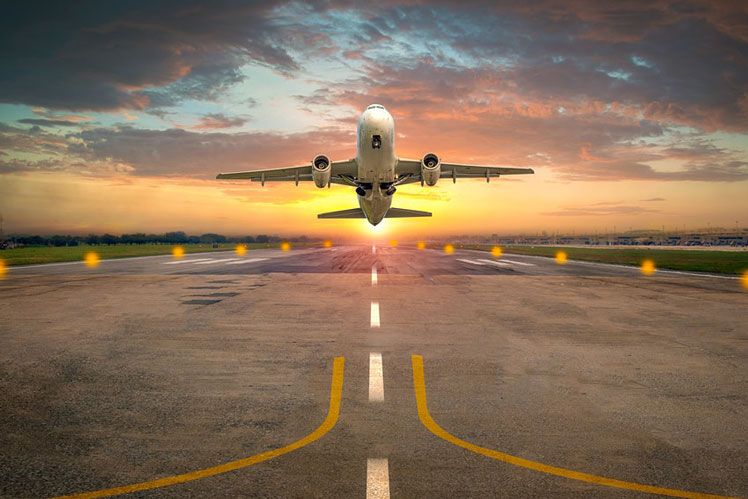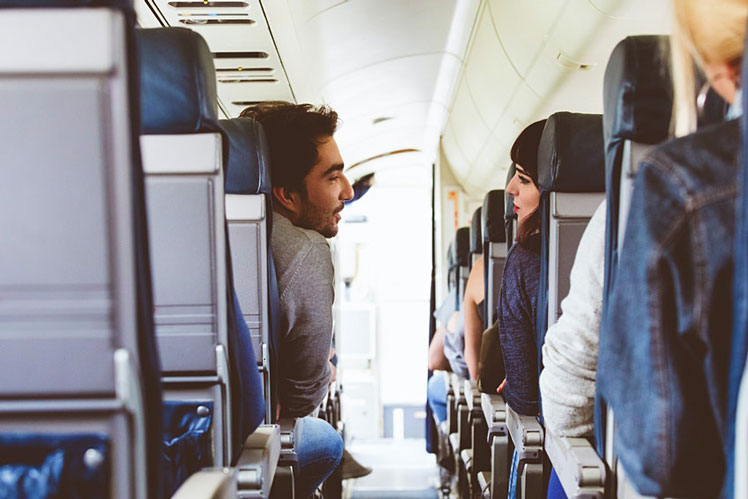
Will I have to get a COVID vaccine before I travel in 2021?
TripFalcon December 06, 2020
Last Update: 2024-01-20 21:51:54With countries already starting to immunise their citizens against the SARS-CoV-2 coronavirus that causes COVID-19, will airlines and governments require vaccination to fly or even to get on the plane? Aviation journalist John Walton explains what we now know.
If you’re feeling the light at the end of the COVID tunnel with great news from Pfizer, Moderna, AstraZeneca and other vaccine manufacturers, you’re not alone. Over the next few months, it’s likely that many of us will be vaccinated against this terrible disease, and if you — like me — are longing to see friends and loved ones, or to experience our shared world once more, it’s a massive comfort.
But as you prepare to get vaccinated — and, barring any medical reason you should probably discuss with your doctor, you should — it’s important to realise that some airlines and governments are likely to require proof. And, especially if you’re early on the priority list before systems are put in place, that may mean you need to take the initiative and be prepared for some thoroughly unglamorous paperwork.

Airlines may insist on vaccinations © Issarawat Tattong via Getty Images
Qantas — which has cut international flights well into 2021 — has been out at the forefront of saying that it’s very likely to require passengers to have had completed vaccination before flying. Chief executive officer Alan Joyce has suggested that his plan is to change the airline’s terms and conditions to require vaccination, saying that “we think it is a necessity” for international travellers arriving into Australia and for anyone looking to leave the country as well.
Whether an airline can require you to have a COVID vaccine before flying with them will depend on the country your airline is based in, as well as where you are, but as a rule, yes, airlines are generally private companies and can require that from their customers. Think of it as a “no shirt, no shoes, no service” kind of rule, except for public health. That said, there will be passengers who are unable to have vaccines, and those reasons will be along a scale from “medically unable for valid and certified reasons” through to the sort of personal and religious objection that is more of a question of politics than of public health.
Managing these exemptions will be critical and complex for airlines. We know that in many cases unscrupulous passengers have been only too happy to abuse regulations like, for example, the US rules on service animals for disabled passengers in order to avoid pet fees, often using fake online certification companies to do so. It’s not hard to draw a line from that to falsified vaccine paperwork, crackpot religious leaders certifying that their particular sect has religious tenets against vaccines and that you’re a member, and so on.

Keep proof of your vaccination if you want to fly ©izusek/Getty Images
Regardless, it may well be that some governments will require passengers to be vaccinated as a condition to entry, or to avoid their two-week quarantine hotel systems. You can probably expect that to be the case where authorities have done a good job in limiting or even eradicating local transmission of COVID-19, including Australia, China, Hong Kong, Iceland, New Zealand, South Korea, Taiwan, but also elsewhere. My guess would be that you’ll have to scan or photograph and then send them the proof of your vaccination — so make sure you get and keep proof — or indeed vaccinations.
So, here’s where it gets tricky. All of this is happening very fast, with vaccinations already being rolled out before we know what airlines and governments are going to require in terms of proof. It’s entirely unprecedented too, and things are likely to change quickly, so the first thing to make sure you have on hand is a lot of patience. First off, make sure you save, scan and photocopy every piece of paperwork, whether that’s a doctor’s appointment note, printout, the little medical leaflet, any “what to look out for” side-effects pamphlet you’re handed, or whatever else.
If you’re handed a vaccine certificate, this is excellent. It should state your name, the date of your vaccination (or vaccinations — if you get a two-jab vaccine, make sure you particularly keep track of the second piece of paperwork), the medical professional who administered it, the vaccine administered, the lot number of the vaccine, and the location of the administration centre. (At least, that’s what I got the last time I had my flu vaccine. Have you had yours this year?)
To be honest, if you live somewhere where English isn’t the language of paperwork from your healthcare system, it might be worth creating an English translation printout for your doctor or other medical professional to stamp and sign. Something like, with your local language on top, a large space for the doctor to stamp and sign in the middle, and then in English:
Depending on how your vaccine is packaged, you may well be able to take the box home with you. I’d certainly do that if possible, because that will also give you some proof of which of the vaccines you were administered. It may feel like a bit (or even a lot) of paperwork hassle — but, truly, wouldn’t we all do whatever paperwork is necessary to be able to travel again?

